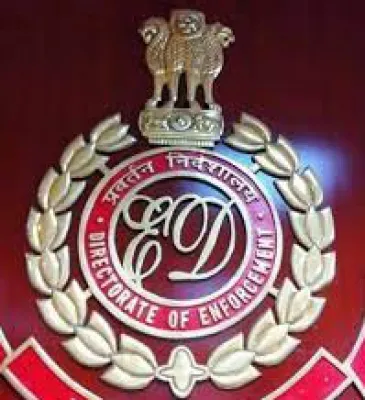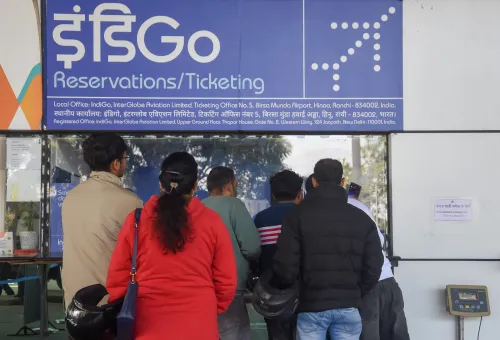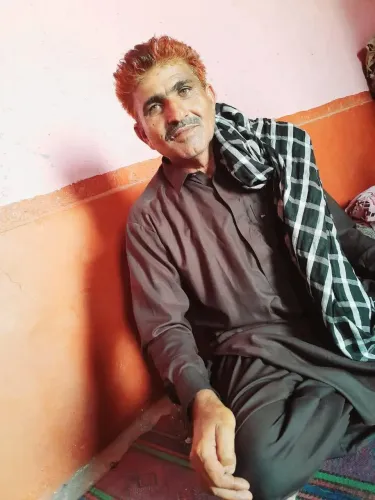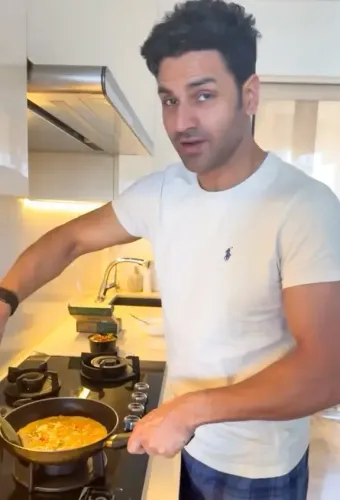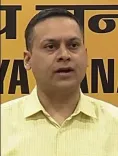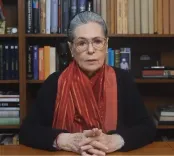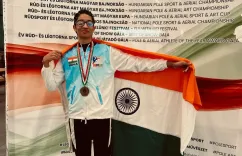Has Umar Khalid Taken a Stand Against Bail Dismissal in the 'Larger Conspiracy' Case?
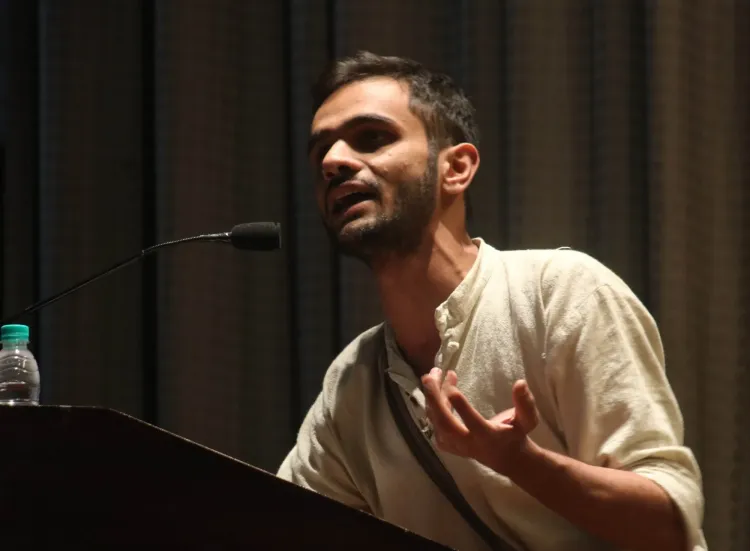
Synopsis
Key Takeaways
- Umar Khalid is appealing to the Supreme Court for bail in a high-profile case.
- The bail plea follows a rejection from the Delhi High Court.
- The case is tied to the controversial 2020 Delhi riots.
- Key issues include freedom of speech and political dissent.
- The court previously noted evidence suggesting Khalid's involvement in a conspiracy.
New Delhi, Sep 10 (NationPress) Following the rejection of his bail application by the Delhi High Court, student activist Umar Khalid has taken his fight to the Supreme Court, seeking bail in the ongoing investigation surrounding the 2020 city riots' "larger conspiracy" case.
The filed special leave petition (SLP) challenges the order from the Delhi High Court that denied bail to Khalid, Sharjeel Imam, and several others who are charged under the Unlawful Activities (Prevention) Act (UAPA) and other legal statutes.
Other co-defendants, including Imam and Meeran Haider, have also submitted their own SLPs in the Supreme Court, seeking the same relief.
In its ruling on September 2, the Delhi High Court indicated that there was adequate evidence to suggest that both Imam and Khalid played key roles in orchestrating the alleged conspiracy.
A bench led by Justices Shalinder Kaur and Navin Chawla remarked that Khalid and Imam had made incendiary speeches on February 24, 2020, which coincided with the visit of then US President Donald Trump, an event the prosecution claims was intentionally timed to incite riots on February 23–24 and attract global scrutiny.
The court stated, "The purported inflammatory and inciting speeches made by the appellants, when viewed collectively, prima facie suggest their involvement in the alleged conspiracy."
In May 2024, a Delhi court denied Khalid's bail request, arguing that the trial was delayed and citing disparities with co-accused who were granted bail. Earlier, in April 2022, his initial bail application was rejected by a trial court, a decision subsequently confirmed by the Delhi High Court. In February 2024, Khalid withdrew his SLP from the Supreme Court, indicating a "change in circumstances," and sought permission to present his case anew in the trial court.
The February 2020 Delhi riots erupted amid protests against the Citizenship Amendment Act (CAA) and the National Register of Citizens (NRC), resulting in 53 fatalities and over 700 injuries.


